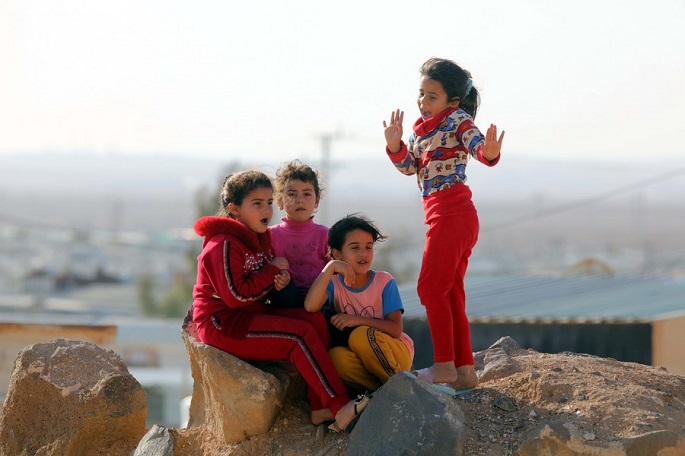10 years on, Arab world still reeling from aftermath of `Arab Spring`
Published : 18 Jan 2021, 13:47
Tensions swelled in the Arab world 10 years ago in the name of "Arab Spring," and the region has since undergone major changes, though many countries were still reeling from a heavy blow from the movement, reported Xinhua.
After the wave of anti-government protests and violence, some countries in the region have slid into civil wars, with unrest and scourges largely hurting ordinary people, while some others are still struggling with political divisions, ongoing violence as well as a weak economy.
In Syria, a scholar told Xinhua that the war and destruction in the country have become a major disaster for his homeland and his own life.
"On the economic level, there has been a sharp decline of the Syrian economy as we witnessed a steep plunge in the value of the Syrian pound as well as the economic and investment situation in general," said Mohammad Al-Omari, a Syrian researcher and writer.
Instead of supporting Syria's development, the U.S. government has abused its power to impose a series of economic sanctions on Syria, even when the country is trying to handle the COVID-19 pandemic.
"On the social level, we have found that there is a change in the Syrian demography as a result of the war and some foreign interference in the fragmenting Syria," he added.
Al-Omari criticized Washington's policies for heavily worsening the situation in the country. "The United States has hindered the political solutions to the crisis through supporting the Syrian opposition groups outside Syria to not reach a solution with the Syrian state," he noted.
In Libya, some citizens said that they suffered significant difficulties in their lives after the widespread chaos started in 2011. Libyan citizen Amin Ahmad said major changes have happened after that year in terms of economy and living conditions in the North African country.
"Young people do not have big roles in major institutions. Young people have no jobs and no income. The living situation is difficult and does not serve the young people's ambitions in terms of education and capacity building," he said.
The Mediterranean country has been ripped apart by years-long conflicts and civil wars, with youth unemployment rate remaining at an extremely high level and millions of people being forced to leave their homes.
In Tunisia, "the revolution did not achieve what we had desired," Ayten Laama, a Tunisian correspondent, told Xinhua. According to figures from the World Bank, the country's gross domestic product has decreased to 38.8 billion U.S. dollars in 2019, a roughly 15 percent fall compared to that in the year of 2011.
"The number of unemployed people by August 2020 is nearly 750,000, and the purchasing power of Tunisian citizens is 50 percent less than that in 2010," Laama said. "It's a sad thing that made our view of the future blurry."


